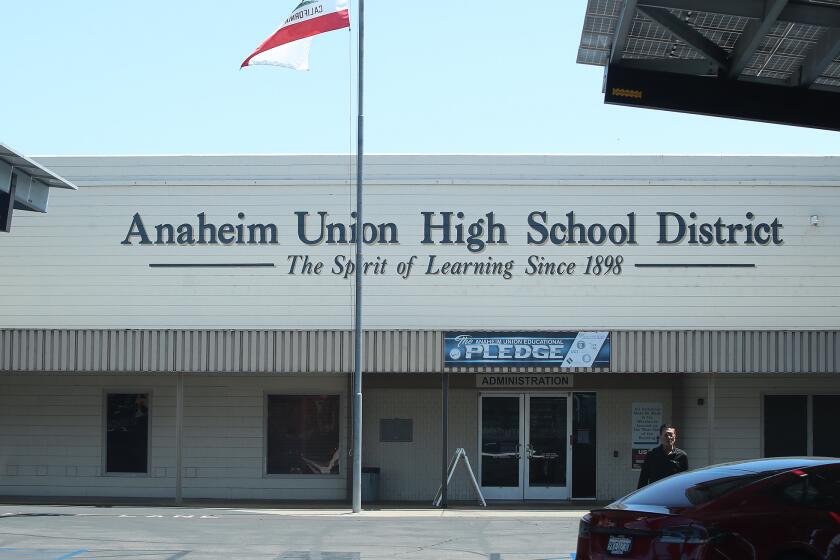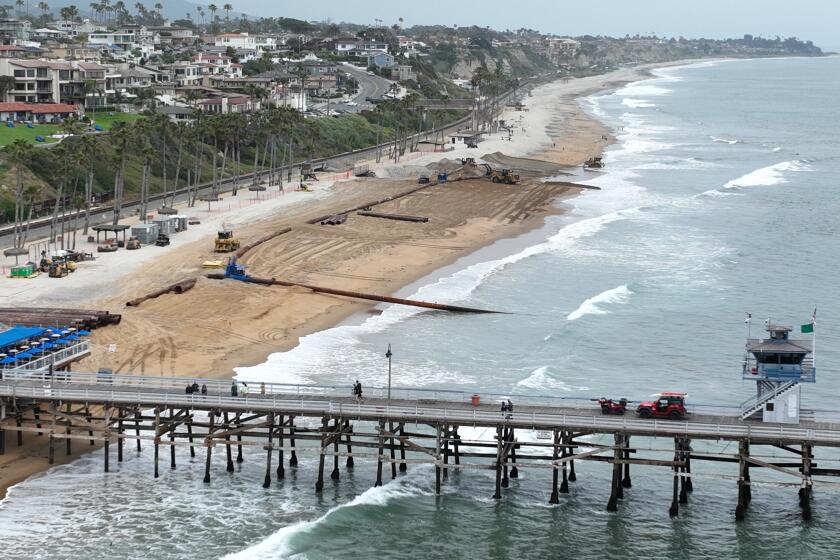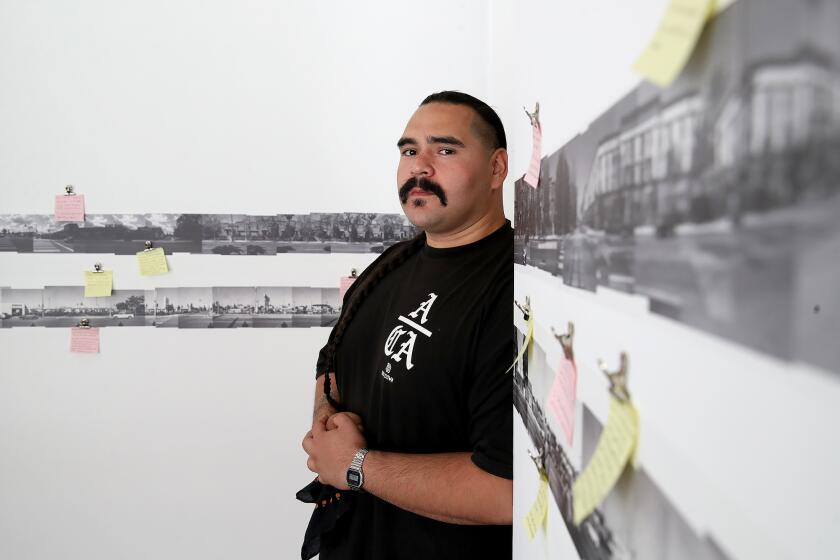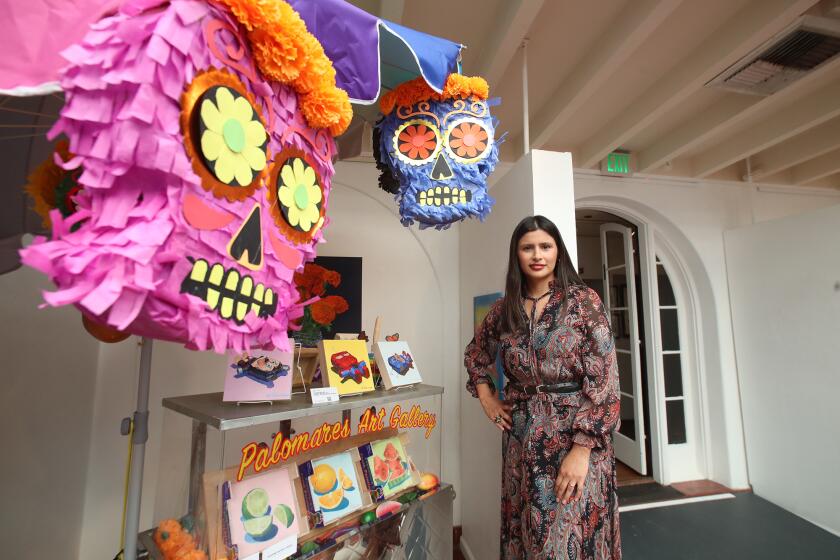Local groups phone bank over Zoom for undocumented and LGBTQ community affected by the pandemic
Before state government officials moved to assist undocumented immigrant communities, grassroots organizations had already collected and distributed some money in cash and checks.
Last month, LGBTQ-rights group VROC (Viet Rainbow of Orange County) and immigration-rights group AHRI for Justice collaborated on creating a community assistance fund. The purpose is to prioritize financial aid for those living in O.C. who identify as people of color, LGBTQ or undocumented.
The undocumented population was excluded from the first wave of coronavirus relief checks and unemployment benefits.
“It was really about how do we get money to the community as fast as possible and what are the barriers we needed to remove,” said Hieu Nguyen, founder of VROC.
Volunteers from both organizations logged into a Zoom video chat to phone bank. They had a meeting to review protocols, put themselves on mute and began calling friends, family members and past supporters for donations.
Joey Tran grew up in Santa Ana but is living in New York under lockdown. Since the phone banking was conducted remotely, he had the opportunity to reconnect with the LGBTQ advocacy group he’d been involved with since 2013.
Another volunteer Uyen Phuong Hoang said she dreads making phone calls but ended up being inspired after reaching out to her friends.
“Even though everyone is in different places in their life, they’re willing to give at least something,” Hoang said. “Often times they actually donated more than what I asked.”
She later added, “At the same time [phone banking] helped my mental health too because I think with all this isolation, it feels tiring to reach out to people, but I got to have a conversation and check in with folks I care about.”
During the first round, they collected $35,000 and distributed $12,000 to 30 people in the form of cash and checks — the easiest payment method whether they have access to a bank account or not.
The organizations are waiting for the rest of the money to come in and are ready to disperse it to those who have requested assistance.
Nguyen said they posted the fund request forms through Facebook and received an overwhelming amount of requests. There were about 200 applicants, and a few were located in Florida, North Carolina and Washington.
Applicants ranged from tax-paying restaurant waiters who were laid off to single parents who are struggling to pay rent and may face eviction.
Although a disaster assistance payment plan for undocumented Californians launched this week, it’s been a rocky start. Phone lines are jammed, and websites have crashed.
Only two Orange County-based nonprofit groups, Asian Americans Advancing Justice and Coalition for Human Immigrant Rights, are working with the state to disperse funds and they are overwhelmed with requests.
Lucy Ngo, a spokesperson for AHRI, said her staff called to advocate for their immigrant clients and were placed on hold for hours unable to get through to someone. Part of their job is to fill in technology and language gaps to make sure their clients are aware and get access to all the resources available.
“People think that the community assistance fund is government-funded but we aren’t,” Ngo said. “It’s the first time ever that we are fundraising and giving money directly to people. I think it’s very rare that you find a community fund.”
Nguyen pointed out the effects of the coronavirus pandemic will last for a long time, and they plan to continue addressing the needs of their respective communities.
The initiative is ongoing and the online request forms will open once again for more applicants. They’ve set up an online donation form, and the next virtual phone banking session will be held at 5:30 p.m. Wednesday.
For more information, reach out to occommunityassistancefunds@gmail.com.
All the latest on Orange County from Orange County.
Get our free TimesOC newsletter.
You may occasionally receive promotional content from the Daily Pilot.




